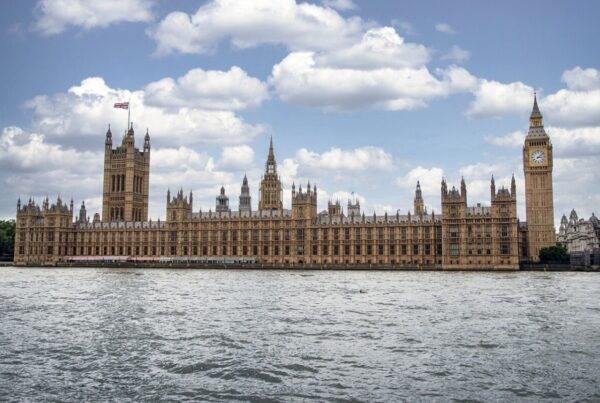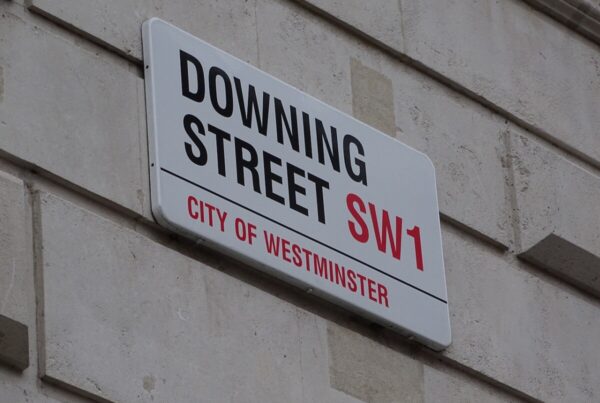The High Court, in a decision presided over by Mrs Justice Lang, has upheld a legal challenge made by KPPC Senior Associate Planning Consultant Adam Bennett and the Claimant supported by Jenifer Martindale (Wilsons Solicitors) and Zack Simons (Landmark Chambers) against a decision to dismiss a written representations appeal for operational development works to and broadening the use of a track access in the countryside to mixed agricultural and domestic movements.
The legal challenge was lodged following the Inspector’s dismissal of the appeal on grounds of procedural unfairness. The Inspector had taken the decision to ignore the details of a Statement of Common Ground (SoCG) agreed by the parties as part of the appeal proceeding. The parties were agreed that the operational development works themselves were acceptable and appropriate and would not harm the countryside or green belt and indeed the council were clear that there would be no harm at all from the physical improvements to the track comprising adding passing places and new surfacing when the original application was refused.
In determining the appeal, the Inspector should have been focussed solely upon the council’s reason for refusal; that is whether harm to the openness of the green belt, and harm to the landscape character would arise from an intensification of use of the track. Indeed both the statement of case submitted by KPPC on behalf of the Claimant, and the council’s case were focussed solely on the alleged harm arising from an intensification of the use of the track.
It was an unwelcome surprise, therefore, that when reading the Inspector’s decision, the main reason for dismissing the appeal was that the operational development works to the track would harm the openness of the green belt and comprise inappropriate development, and the passing places would result in significant harm to the character and appearance of the area.
On the main matter contested, the intensification point, the Inspector stated there would be no harm to openness of the green belt because there would be no actual intensification of use.
The court ordered that the Inspector’s decision be quashed, and the Secretary of State for Levelling Up, Housing and Communities pay the Claimant’s costs in the matter.
The judgement stated:
The Defendant accepts that the Inspector took a line which was not set out in the reasons for refusal, the Council’s Statement of Case, or the Statement of Common Ground. Namely that the introduction of these hard surfaced passing bays would harm the openness of the Green Belt and result in further development beyond the existing track into the countryside.
While an Inspector is entitled to do so if they give the participants at the appeal an opportunity to deal with the issue he or she has in mind (per Engbers v Secretary of State for Communities and Local Government [2015] EWHC 3541 (Admin)) it is accepted he did not properly do so.
He determined the appeal that without giving Claimant the right to adduce submissions and evidence in response and in doing so acted unlawfully.
Following the very welcome judgment of the court, KPPC continue to represent the Claimant with the appeal now being set back to the Planning Inspectorate to be re-determined.
This case is a prime example of an evidence that even the appeal system can be flawed, and of the value of taking proper professional advice at all stages of your project.
We are proud to support our clients through all stages of the planning process even when things take a turn that no-one could have expected.







